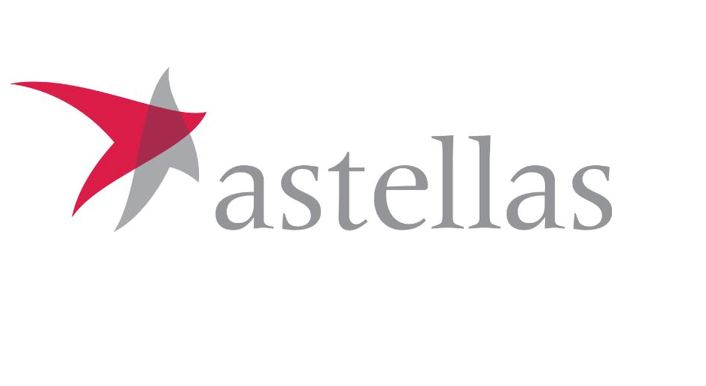Astellas says Pompe gene therapy clears safety hurdle

With the safety of gene therapies thrown into the spotlight by a series of FDA clinical holds, Astellas has said that an interim readout in a phase 1/2 trial of its Pompe disease candidate AT845 hasn't found any cause for concern.
The FORTIS trial is investigating whether AT845, an adeno-associated virus (AAV) therapy, can deliver a functional copy of the acid alpha-glucosidase (GAA) gene directly in muscle cells in adults with late-onset Pompe disease.
GAA is responsible for metabolising glycogen, which builds up in Pompe disease patients and causes progressive muscular degeneration.
The initial readout will be a relief to Astellas, as AT845 uses the same platform as its AT132 candidate for the rare childhood disease X-linked myotubular myopathy (XLMTM), which has been placed on clinical hold after four patient deaths liked to possible liver-related side effects.
Some research has suggested systemic administration of AAV vectors can cause damage to liver cells and inflammation. Astellas acquired both AAV-based therapies as part of its $3 billion takeover of Audentes Therapeutics.
The initial assessment of AT845 is based on four patients who received two doses of the gene therapy, with no evidence of serious adverse events, according to Astellas' head of clinical development for gene therapies Weston Miller.
There was however one case of elevated levels of transaminases – liver enzymes that can be a marker of damage – although Miller downplayed the significance of the finding.
He said elevated transaminase levels can rise after the administration of gene therapies as a result of the immune response to the viral vector used to deliver the sequence, and steroids are generally used to reduce this response to improve uptake into cells.
That seems to be the case in this patient, said Miller, based on "the time of onset after dosing, its presentation during steroid taper initiation and its reversal with steroid re-initiation."
While preliminary, the results should relieve some of the pressure on Astellas' gene therapy business, and the prospects for the pipeline it bolted on with the Audentes deal.
The company remains committed to its gene therapy aspirationa and bolstered its capabilities last December when it licensed rights to an AAV capsid platform developed by Dyno Therapeutics, that is aimed at avoiding the side effect issues that have plagued other AAV-based therapies.
Shares in the drugmaker rose just over 1% after the FORTIS data was announced.
At the moment Pompe disease is treated using enzyme replacement therapy, which is delivered via chronic intravenous infusions every two weeks, but according to Astellas suffers from poor take-up into tissues as well as the risk of waning efficacy because of immune reactions to the drug.













